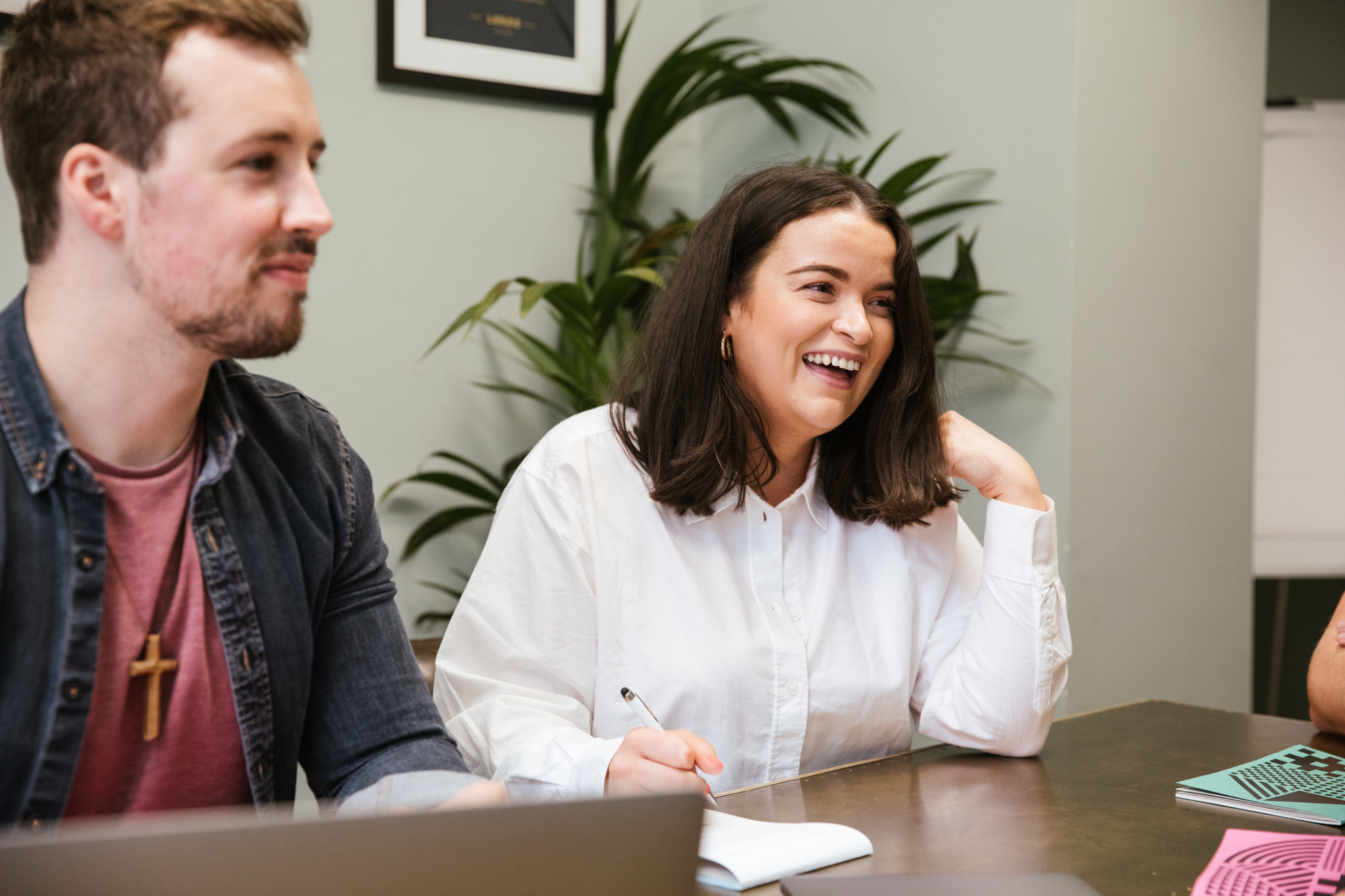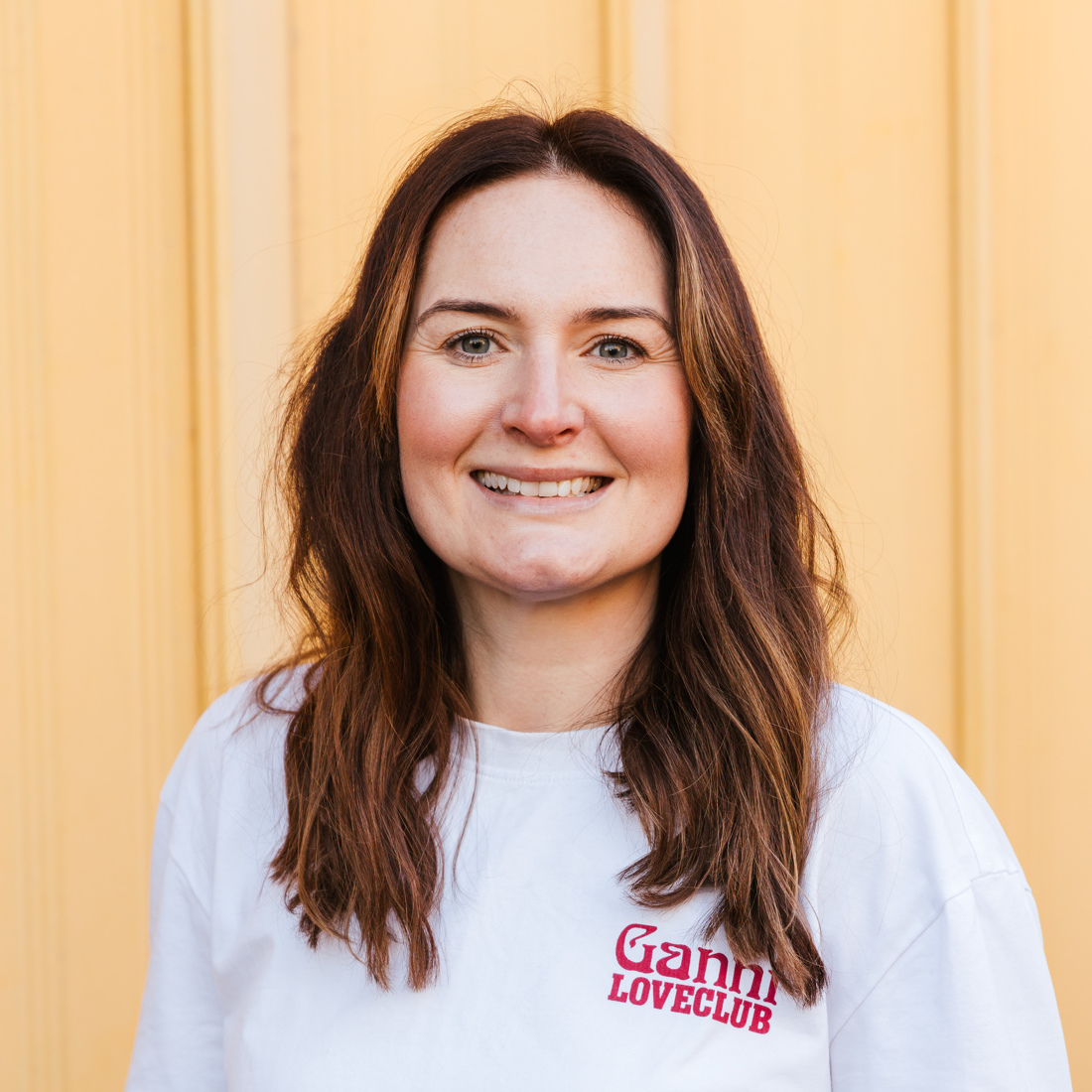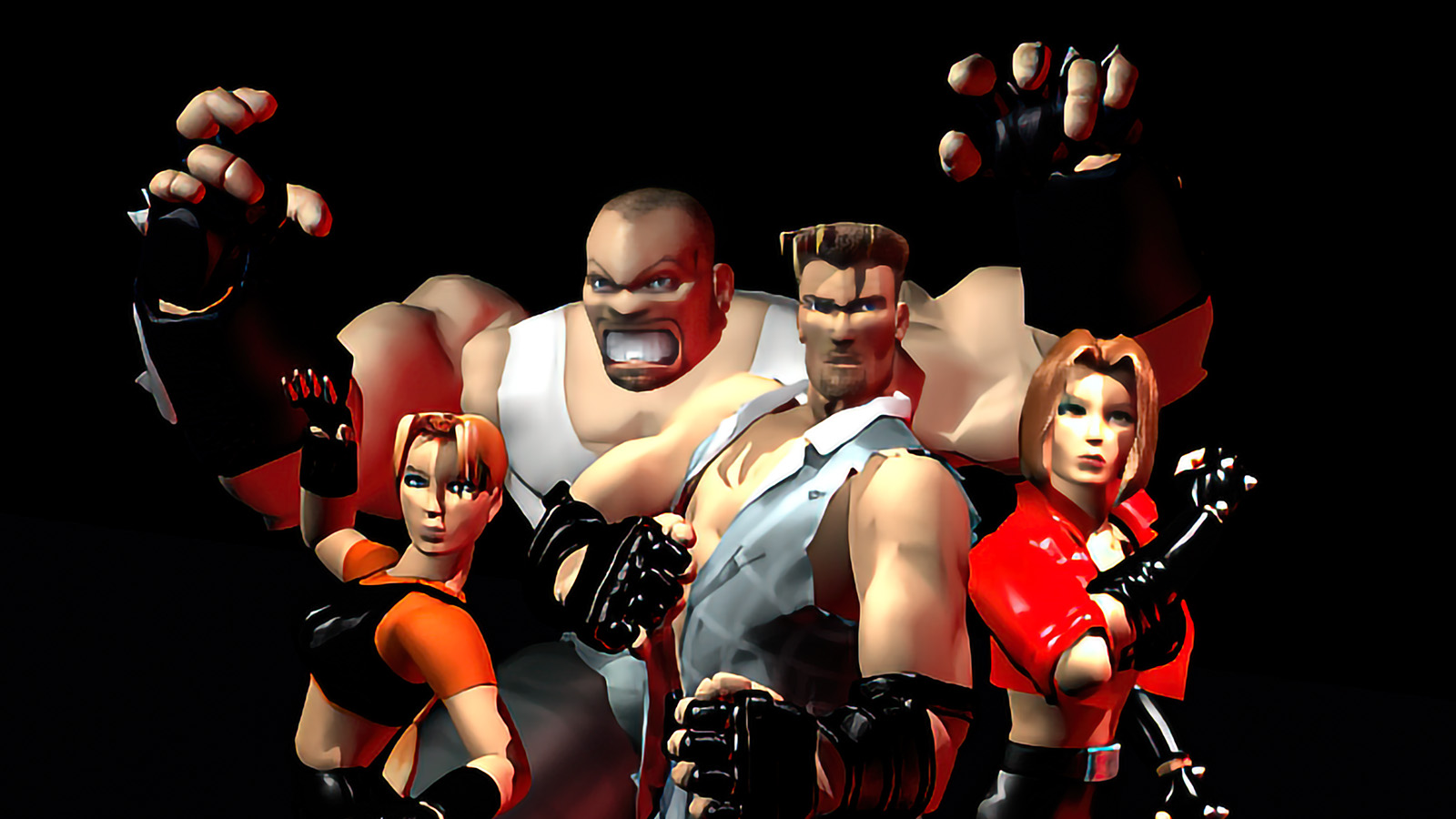Why agencies need freelancers (and how to make the most of them)
How freelancers can help you survive agency diversification.

Once upon a timesheet, brand design studios consisted of creative and art directors, graphic designers, strategists, and account people – photographers and digital specialists at a push. Today, you’re likely to see experiential specialists; motion, spacial or sonic designers; social content creators and many more.
That’s because as the creative landscape shifts to include new outputs requiring different skillsets, and brands are becoming more progressive than ever, a growing number of design studios are widening their offer. Branching out to include more diverse services is a wise strategic move for creative agencies that want to keep up with this rapid pace of change. If they stagnate while brands continue to evolve, studios risk losing work that can now be handled by in-house creative teams.
To stay agile and consistently offer diversity of skillsets and creative voices, design leaders now have to question not only the ‘when?’ of resourcing and attracting talent, but also ‘what?’, ‘how? and ‘who?’.
Test and learn
By blending freelancers who bring a breadth of skills and experience with permanent teams, design leaders can figure out whether offering new areas is lucrative – helping them better service existing clients and win new ones – without committing upfront to additional salaries.
Create a strong project team of contractors for one account, and a studio is set up to build a new function that prevents their wider client base from looking elsewhere for that service, be that at a specialist agency or larger one stop shop.
Although freelance recruitment is a great way to thrive during change and disruption, it has to be done correctly to uphold creative quality and integrity as the company diversifies. So where do you get started?
How to get freelance hires right, the first time

Request testimonials from trusted recruiters or former employers to get a fuller picture
One of the perks of freelance hiring is the speed and fluidity of the process, however that fast pace also means that due diligence can get lost along the way. Asking the right questions first and foremost is a vital upfront investment. So, request testimonials from trusted recruiters (or former employers, if hiring directly) to get a fuller picture of the role candidates played on specific projects. Dig into specifics around their reliability and, more generally, how they ‘showed up’ in previous roles.
Daily design news, reviews, how-tos and more, as picked by the editors.
Asking candidates to do tasks during the recruitment process isn’t generally encouraged anymore, but when attracting talent specifically to deliver a new service, it’s a valid and important way to uphold standards. As well as ensuring you attract the right person to do a particular piece of work, investing in due diligence for each hire makes for happy contractors who are doing the best work.
Embedding creativity across the company

With current competition for talent in emerging specialisms fierce, a focus on retention and offering an exemplary employee experience is just as important for freelancers as it is for permanent team members. Freelancing can be isolating, and the communication so vital in helping them feel supported can get overlooked in fast-paced environments. From point of hiring, a robust, well-planned, and clearly communicated onboarding process helps new hires settle in and feel a welcomed, integrated part of the team.
In a market where freelancers now often have their pick of roles, it’s well worth catering to their preferences
Having a clear understanding of what ‘day one’ looks like at your agency goes a long way to help develop the nuts and bolts. Marry this with what freelancers want – and a realistic view of what turns them off. For instance, do they want to feel a part of the team, or do they value independence more highly? If the role involves being in the studio five days a week, what are you doing to make that an inviting prospect? In a market where freelancers now often have their pick of roles, it’s well worth catering to their preferences.
Armed with all these insights, creative employers can get granular on specifics in advance of day one. So, what equipment and documents will be needed ahead of freelancers sitting at their desk? Will they have a buddy who takes them to lunch on day one? Getting these details in place makes for a smooth, positive experience for everyone, freelancers and permanent staff.
Using freelance resource also helps avoid burnout at a time when people are more vocal about wellbeing than ever
That’s because effective freelance hiring isn’t just about happy contractors. Design leaders need to ensure that everyone across the organisation is on board. Communicating upcoming plans around additional talent resource where possible, and what that means for teams, will help smooth transitions and promote a culture of openness and transparency.
Using freelance resource also helps avoid burnout at a time when people are more vocal about wellbeing than ever. Freelance offers the opportunity to avoid a culture of overtime while offering additional creative perspectives and more diverse skillsets. If you’re doing it, shout about it loudly and proudly on socials and studio newsletters.
Uphold your specialism
Using freelancers to build out an offering sets you up for future success
In a fast-moving creative world where staying competitive means being agile, the fluidity of freelance resource offers businesses the ability to flex to meet new demands. It enables studios to be progressive, to stay on top of creative trends, and to diversify strategically and smartly – with access to talent they might not be able to afford on a permanent basis.
Finally, when a studio widens its service offer to include new creative outputs, it doesn’t have to compromise its hard-earned equity. Using freelancers to build out an offering sets you up for future success, while enabling you to retain the core specialism, service levels, and distinctiveness that makes brands want to work with you. Get it right, and it’s a win-win strategy for success.

Jess Parker is Director at design recruitment agency Craft. Founded in 2014, Craft exists to grow design businesses and help creative people build their careers. With its network of the best creatives in the industry, the Craft ambition is simple: to enhance the studios, careers and lives of everybody they partner with. They recruit for world-class design agencies and in-house studios, and find creative people jobs they love. Craft’s core areas of expertise are: Graphic Design & Brand, Digital Design & Motion Graphics, Client Services & Agency Operations and Brand & Design Strategy. Craft currently operates in four key cities: Manchester, London, Leeds and New York, and have worked with brands like Deloitte, Channel 4 and DAZN.
